Unveiling Perspectives: Asian Film Previews at TIFF 2024
Written by Nirris Nagendrarajah
Fête Chinoise Editorial Team: Deborah Lau-YU, Kayla Lo
With TIFF 2024 wrapping up this weekend, we delve into this year's remarkable selection of Asian films. These films offer deep insights into the Chinese and Chinese-Canadian experience, each providing a unique perspective on the diverse narratives and identities within our communities.
From Jia Zheng-Ke’s Caught By The Tides to Sook-Yin Lee’s Paying For It, these cinematic works reflect the intricate realities of personal and cultural identities. They provide valuable insights into the varied experiences and challenges faced by individuals navigating their cultural landscapes.
Explore these highlights with us to uncover how they shed light on different aspects of our diaspora, enhancing our understanding of both our shared and distinct experiences.
On the second day of the Toronto International Film Festival, during “Play the Part,” a talk hosted by the CEO Cameron Bailey, the renowned filmmaker Jia Zheng-Ke was asked to pause so that his translator Sian Gu could interpret his long answer.
“Sorry,” he said. “This is Toronto. Not Beijing.”
It makes sense that Jia was disoriented: his newest film Caught By The Tides had just premiered the night before, after which was a dinner hosted by Rolex, followed by a morning of interviews; add to that the fact that in a few days his wife, the actress Zhao Tao, would receive a Special Tribute Award alongside the likes of Cate Blanchett and Angelina Jolie.
What Bailey had asked is if Jia would change how he made his first film—1997’s Xiao Wu, also known as Pickpocket, named after Robert Bresson’s film—knowing all that he knows now.
“Probably nothing,” he’d said. “We all start the same. With very little. We need passion and resilience. No resources? That’s fine. We still have to take a leap of faith.”
In his new film, Caught By The Tides, Jia definitely leaps and, in doing so, innovates: it begins with a title card featuring the the rock song “Underground” by Brain Failure: “Not even a wildfire can burn all the weeds, they will grow back in the spring breeze.”
It’s a punk-like start that is juxtaposed with a scene of observing a group of women singing songs in a room, followed by the people in the streets of the northeastern city of Datong. As the film progresses, Jia alternates between these two tones: explosive musical expressions and vivid displays of human life in a world constantly in flux, whether that be through the rising water levels of the Three Gorges on the Yangtze River, causing massive displacement, or the COVID pandemic, during which Jia he took a look at his archive and started to shape a film out of the material, using unused footage from films such as Unknown Pleasures and Still Life.
In the Q&A after the film’s premiere, Jia said what he was interested in was the way that “context influences the characters. It’s about contrast. [The character of Qiaoqiao played by Zhao Tao] is trapped and caught by the tides. Surrounded and trapped by the fruits and vegetables. COVID was its own form of trapping. Yet she still goes on with her life.”
The only thing to do is keep moving forward, Jia argues, despite the temptation to recede.
One of the pleasures of watching a movie filmed in your hometown is being able to recognize the locations in it, in making the fabrication less so.
In Sook-Yin Lee’s new film Paying For It—shot in Toronto and the actual apartment Lee and cartoonist Chester Brown lived in when they dated—you will catch sight of the interiors of Buddha’s Vegan and Sneaky Dee’s, or the exteriors of Kensington Market and Chinatown.
In the opening moments of the film, Sunny, played by Emily Lê, a twenty-something VJ, tells her boyfriend she thinks she’s falling in love with someone else, but adds that she doesn’t want to stop seeing nor—at first at least—living with him either. From that point on she sets off on a relatable journey that second-generation children of immigrants face while navigating the dating scene in a metropolitan city.
She goes through a series of relationships with ill-fated men: one is young and active but cheats on her; another is passionate in bed but cannot control his temper; and the last is a narcissist who becomes a mirror of sorts.
That all of her love interests are not—like Lê or Lee—East Asian does not go unremarked upon: in a scene sitting across from each other at the dining table, Sunny asks Chester: “Why do you always go for gorgeous young women and not someone more mature?”
“Why do you never date Asian guys,” he barks back.
“People have their types,” she concludes.
At one point in Chester’s journey as a john moving through the world of consensual sex work, where a majority of the workers are white women, he finally meets Anne, played by Hannia Cheng, with whom he starts to form a deeper connection, similar to the one he had with Sunny. At the very point he starts to yearn for more, she abruptly disappears, and instead he’s met with her battered and bruised co-worker Amanda, played by the theatre artist and former sex worker Kitoko Mai, who informs him about a police raid turned into theft and assault.
According to a study published by The Canadian HIV/AIDS Legal Network, a majority of the Toronto sex workers they interviewed “reported a range of abuses at the hands of law enforcement, including assault, intimidation, threats, harassment, unwarranted search of their workplace and belongings, destruction or theft of property, arbitrary or disproportion application of the law, and extortion.”
One of the pleasures, then, of watching a film such as Paying For It—a film which partly depicts the trials and tribulations a young asian woman faces in a world where she doesn’t belong but can’t stop loving—is being exposed to things that we are not privy to, the events that happen beneath the surface of daily life: to all the Anne’s of the world.
In Bound In Heaven, Huo Xin’s directorial debut based on Li Xiuwen’s 2003 novel, things quickly take a turn for the worse.
At dinner, after her tickets to a Faye Wong concert are given to another couple, Zia You, played by Ni Ni, goes to the bathroom to recover, but she’s followed by her abusive fiancé, who smashes her head into the wall. This scene is so shocking that it takes a moment to recover from it, to understand the situation we’re in, which are the very feelings that a victim goes through.
According to the All-China Women’s Federation, about 1 in 4 women in China are said to have experienced domestic violence, lending to a frightening figure that every 7.4 seconds another woman falls victim to intimate partner violence.
The extent of the abuse she faces is more evident soon after, after she watches the concert from outside the stadium, when she has sex with Xu Zitai, played by Zhou You, and we see the bruises and scars all over her body.
“No matter where I go,” she says when he asks why she doesn’t leave: “He always finds me.”
Domestic violence is a mere plot adornment that brings these star-crossed lovers together, so that something else can keep them apart.
In the film’s second act, which takes place in Wuhan, Zhou informs her that he has signet ring cell carcinoma, which he does not wish to treat. Xia takes it upon herself, then, to become his care-taker, and the “bound” of the title suddenly becomes literal and figurative: in one of the film’s more sensual scenes, Xia ties up Zhou’s feet and wrists so that he cannot escape her control, which he learns to like, as much as she likes Faye Wong.
When he asks her about her attachment, Xia explains the meaning behind her favourite song “Flowers of Paradise,” from Wong’s 2000’s album Fable, which the film translates as “Red-Spider Lilies.” Legend has it that when you see someone you may never meet again, these flowers bloom along the path, and that it can suggest that they lovers may re-encounter each other after being reincarnated, a romantic sense of despair that lies at the heart of this film.
Faye Wong’s concert becomes the scene that both of these lovers seek to return to, not to ever enter, but forever existing outside of, looking at it from afar, together.
Bound in Heaven is a portrait of growth that testifies to the extent that one can go in order to love someone who will not live; to give them the necessary dose of hope to stay alive in this cruel, unjust world, where violence and illness can be muted by desire alone.
Sponsored by Cadillac Canada
The only way not to lose things to the past is to look back to it with a purpose, as Lou Ye does in An Unfinished Film with his 2009 film Spring Fever—written by Mei Feng and starring Qin Hao—which tells the story of five lovers over a brief period of time.
There’s a queer travel agent, a bookseller, a betrayed wife, a detective and his infidelitous partner, all of whom collide until the weakest link is obliterated through an act of self-destruction. Deleted scenes from Spring Fever make an appearance in An Unfinished Film, a metafictional mockumentary about the behind-the-scenes making of a film halted by the onset of the pandemic. In the shots of the “unfinished film” we see shots of Qin Hao’s Jing Cheng, freshly tattooed after a brutal attack, on the phone on the balcony, next to his next lover, who—in the film-within-the-film that the title refers to which will remain unfinished—is said to move to the city and become a real estate agent: those are the shots that they still need to shoot.
Alongside that is the story of two other young, gay lovers, who only feel free to connect with each other in the privacy of a room, a site in Ye’s work for eros and ardor.
It’s uncanny, then, after a lockdown prompted by the rise in COVID cases in 2020, that the bedroom—here a hotel room—once again becomes the primary sight for meaning-making by individuals who feel isolated from the world and themselves, this remove, which all of Ye’s characters are afflicted with, is what makes them susceptible to the stormy weather of life; the changes that come about from the each season.
“After watching the film,” Ye said in an interview, “the entire team unanimously agreed that we did what needed to be done: make a free film shot in unfree times.”
The city of Wuhan was under lockdown for 76 days back in 2020; at the time of writing, it is estimated that over 7 million people have died of COVID. It happened and then one day it was over. The film remains unfinished, and yet, perhaps, that was the point all along.
Like An Unfinished Film, Steven Soderbergh’s Presence, starring Callina Liang as Chloe and Lucy Liu as her mother Rebecca, is also an experiment: it takes place in a single location—a house over a 100 years old—but added to that is a formal conceit: it is strictly told from the perspective of a ghost who doesn’t know how it got there; what it is meant to do; and why it cannot leave the house. What it does know is that its starting point is a window that does not open; that its “safe space” is Chloe’s closet; and also that it possesses an impulse to protect her.
From the start, Chloe, a freshman alienated by grief isolated in a new neighbourhood, is sensitive to the ghost’s presence, taking it to be her recently-deceased friend Nadia, though only her white father believes her, leaving her mother and brother Tyler, played by Eddy Maday, to their own devices. In the middle of the film, when the family gather in the backyard after collectively witnessing the power of the ghost—it curiously gets triggered every time a violation or assault against a woman takes place—Rebecca lights a cigarette.
“Since when did you start smoking,” her husband asks.
“Since 2003,” she strikes back.
But Liu’s purpose is not just to be comic relief. We watch her a little more closely because we’ve known her throughout the years—and Soderbergh seems to be aware of this—but the ghost’s perspective means that her plot has the most holes, the most ambiguity: it represents a limitation. Whether it’s a phone conversation with a lawyer about what to do if your partner has committed a crime, or a cryptic moment of deleting several emails, Rebecca is preoccupied with her own narrative: marital spats and children’s nervous breakdowns are the least of her concerns.
A touching moment of the film comes when Rebecca enters into Chloe’s room and tries to console her by placing a hand on her shoulder. It’s an awkward moment—we know that she doesn’t believe Chloe and that she doesn’t particularly like her either—but to see an Asian parent who doesn’t know how to love because they never learned how to love themselves feels eerily relatable. Liu is the one who, in the end, gets the last word —or sound I should say—in the film, which whether or not you are a mother, but especially so, will send a chill up your spine, making for the most horrifying moment I’ve seen in recent memory.
Elizabeth Lo’s documentary Mistress Dispeller begins by providing us some context.
In China, it informs us, a new industry has emerged devoted to helping couples stay married in the face of infidelity: spouses can hire Mistress Dispeller’s who “inject” themselves into the affair and work to dissolve it from within.
In the film, the dispeller is Wang Zhenxi—whom everyone calls Teacher Wang—a woman who is always eager to display her knowledge and experience, and, notably, is bad at badminton.
Whenever her client, Mrs. Li, appears to have a mental breakdown, Teacher Wang is quick to tell her to “calm down,” to provide her an alternative way to think and approach the situation. She is a friendly, maternal force who is adept in crisis management. Though when Teacher Wang tries to spend time with Fei Fei—Mr. Li’s lover—she cannot be in control of the situation anymore: the lovers are the most unpredictable, she tells the camera, because they are the most insecure: they want what they can’t have. What Ms. Li wants her husband’s heart back.
“Where did it go,” she asks him before storming off at a lunch with Teacher Wang (they orchestrated this beforehand so that the dispeller could—in the wife’s absence—gain the vulnerable husband’s confidence and confession: which they succeed in doing).
Mrs. Li prides herself on having a perfect family, a marriage where they still hold hands in public, a role model for their community: but the affair stains all of that, threatens to destroy it.
“Our film is set during a time of national tumult,” Lo said. “Our protagonists are grappling with the seismic shifts to society and family that have resulted from China’s rapidly expanding middle and upper classes and the rising divorce rates.”
According to The Guardian, the divorce rate in China “has risen from 0.96 divorces for every 1,000 people in 2000 to 3.10 in 2020. At the same time the marriage rate has plummeted from 6.7 marriages for every 1,000 people in 2000 to 5.8 in 2020.”
Along the way ethical and moral implications for what Teacher Wang creeps into the periphery: she is deceptive but good-intentioned and she understands when it is not her place. The most exciting moment in the film is when she breaks the fourth-wall and addresses the camera, wanting to make sure everyone is comfortable before a final showdown.
They consent.
Migration is a major theme that marks Daughter’s Daughter, a divine portrait of a woman named Jia Aixin, played by the great actress and director Sylvia Chang, who has learned to live with her regrets and resentments, even if it plagues her mind and her heart, a woman who moved from one country and moved back, tangling up her roots in the process.
The programmer Giovanna Fulvi writes that part of the film’s “poignancy comes from the elegant way that Huang slides seamlessly back and forth in time,” which falls into line with the psychiatrist Lenore Terr wrote: “Trauma sets up new rules for memory.”
The form of this film, too, becomes a protean creature informed by the various trauma’s that shatter any sense of coherence for its characters. The holes in Jia’s life are thrown into relief as soon as an black hole—a death of her daughter with the possibility of rebirth with an embryo—appears, sucking everything in like a vacuum: Jia’s mother, played by the fabulous Alannah Ong, has dementia; her queer daughter, played by Eugenie Liu, who has been trying to get pregnant through IVF suddenly gets in an accident; and Emma, her daughter in New York, has not healed from her wounds of abandonment to let her mother in.
“I didn’t want to spend my life working in Chinatown,” she says of her decision to give Emma up to the American foster care system. “I didn’t want to have a hard life. I didn’t want my child to have a hard life. I wanted to continue my studies and I felt life could be better.”
The cruel lesson here is that none of them had a better life because of that decision: except, perhaps, Johnny, played by Winston Chao, who has the right distance from everyone to live a balanced, better life. But the real lesson of Daughter’s Daughter is that anyone can play a role, even if it wasn’t meant for them, and that to keep on bringing new life into this world—to create—is the only way out of the miseries of our lives. All it takes is a leap of faith in oneself.



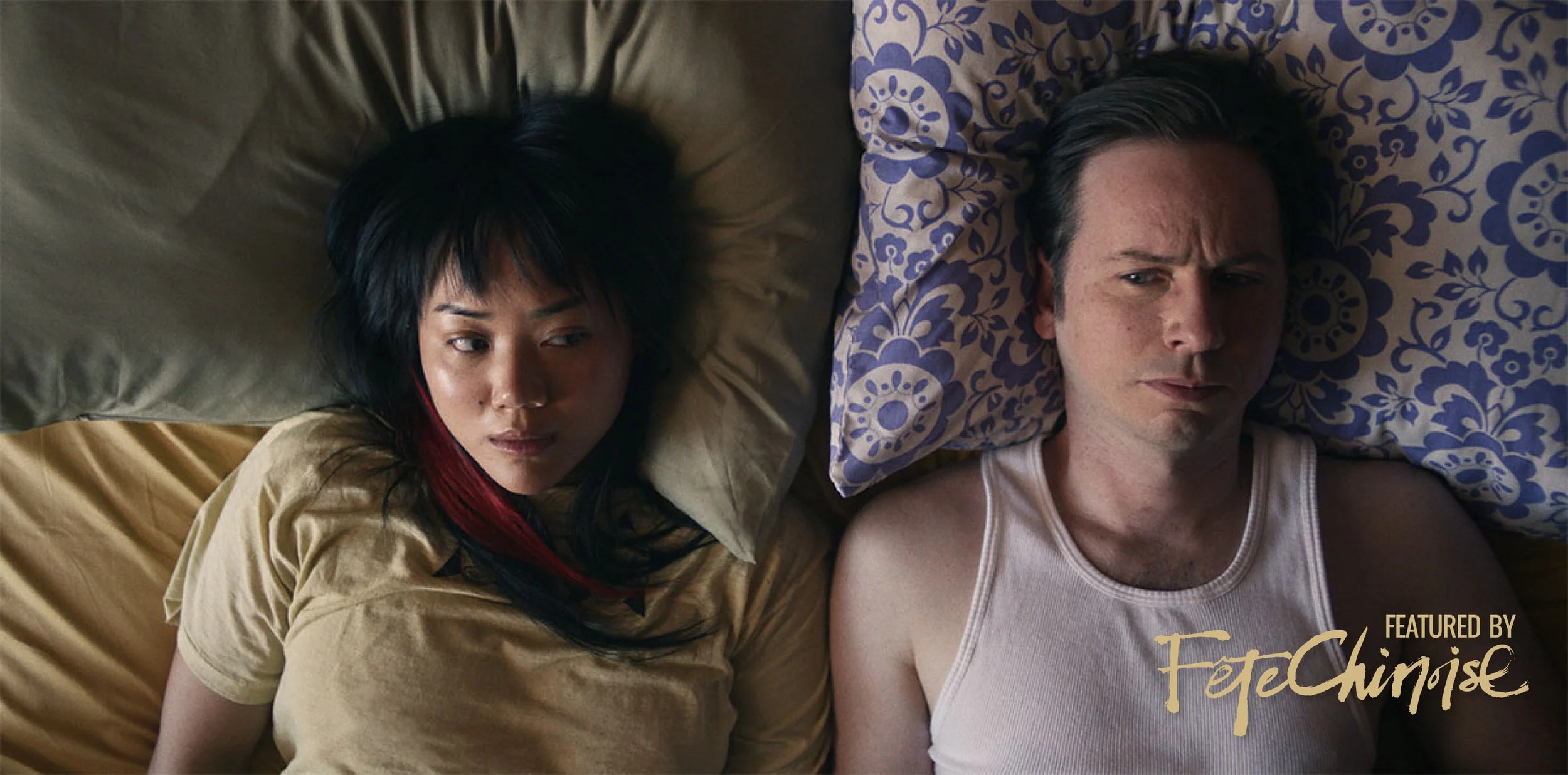
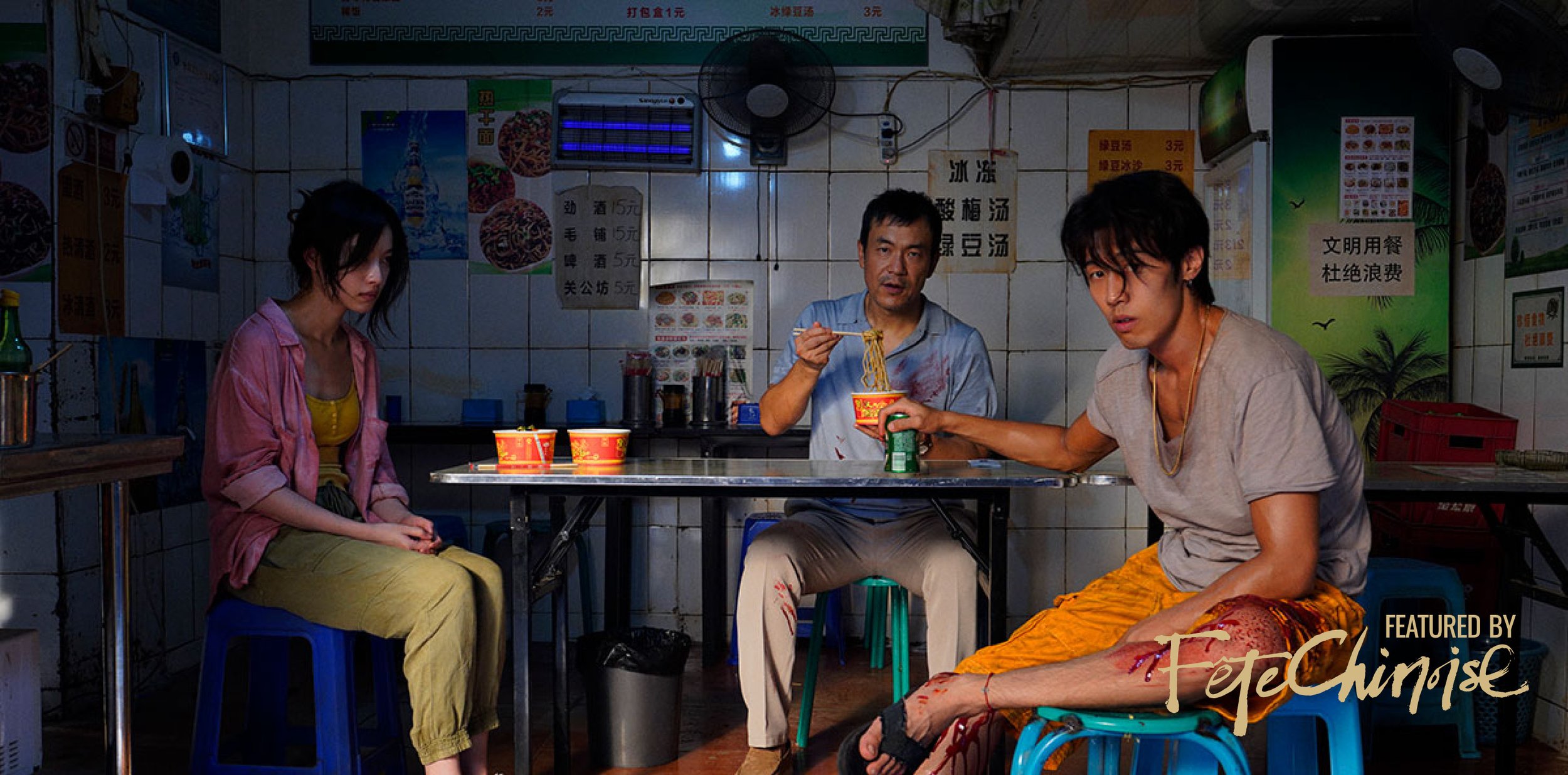

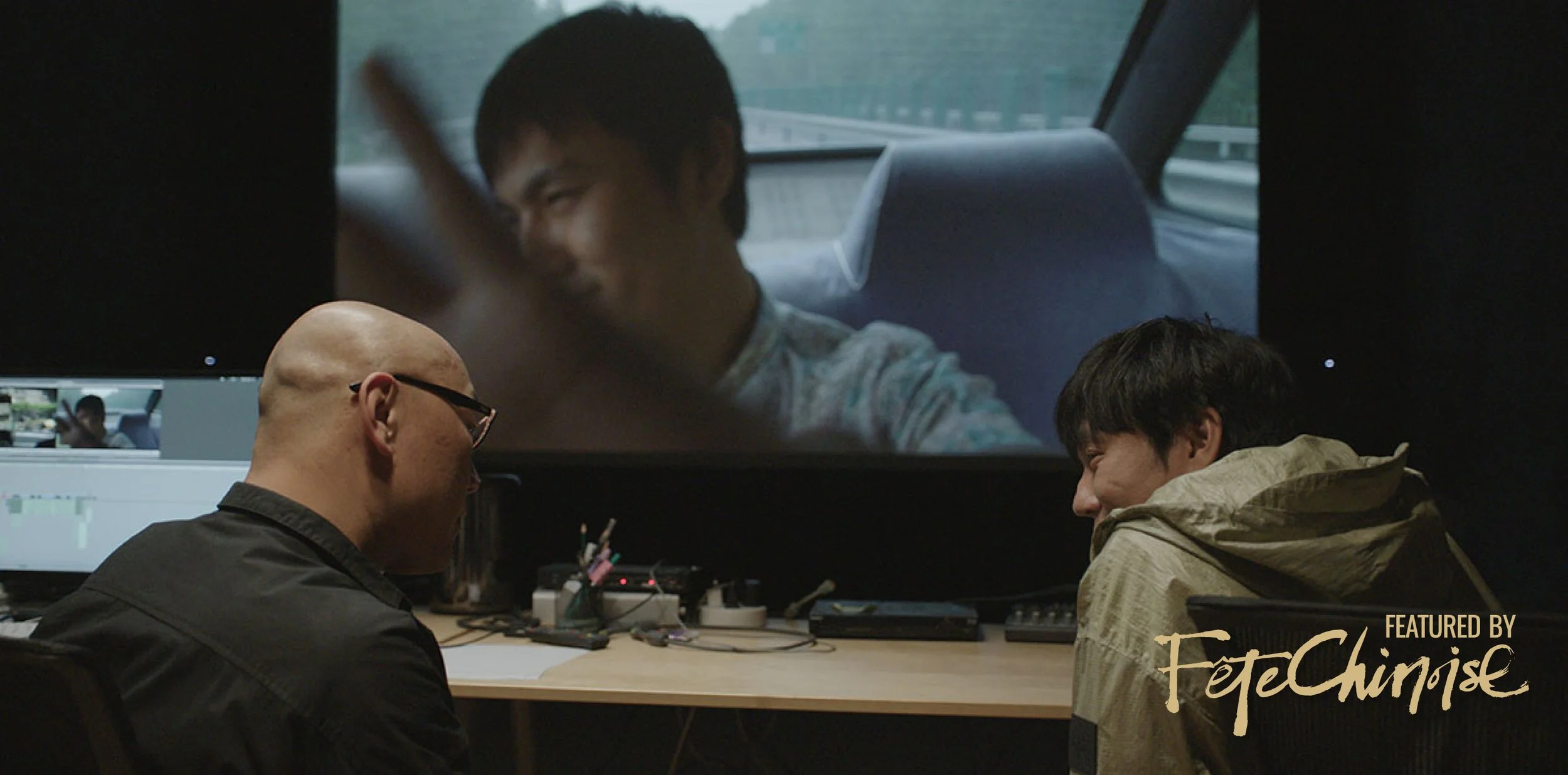
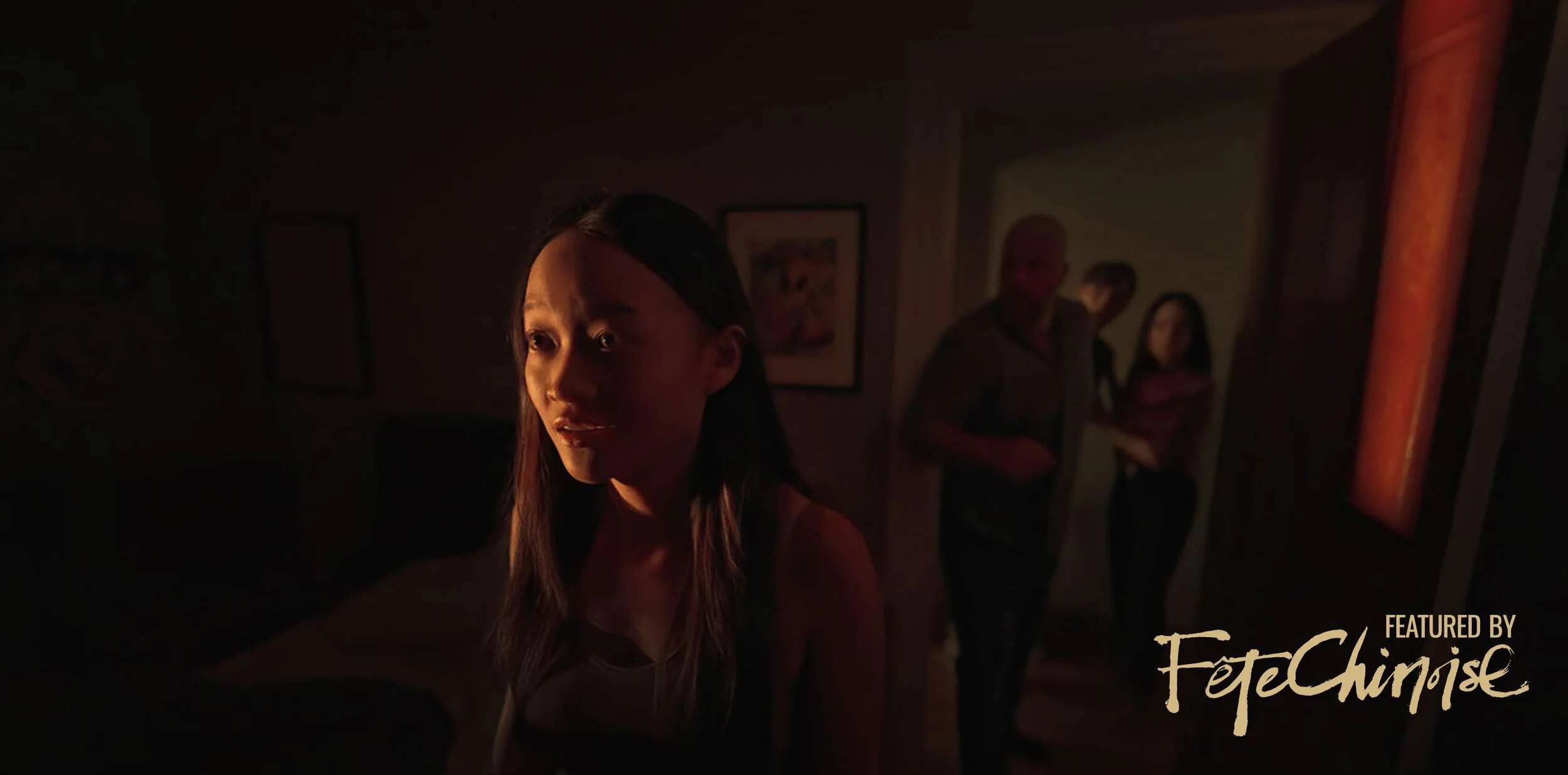
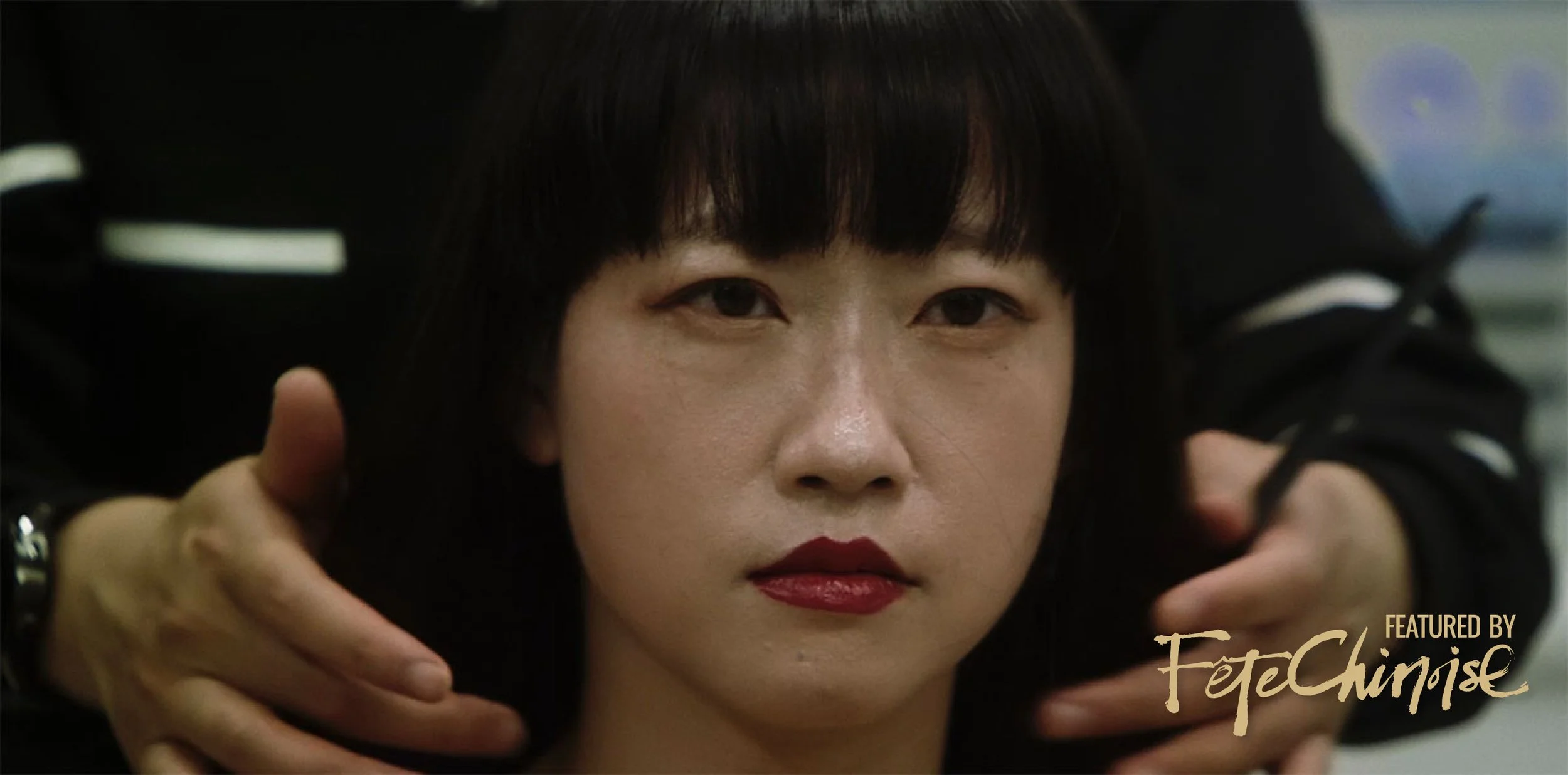
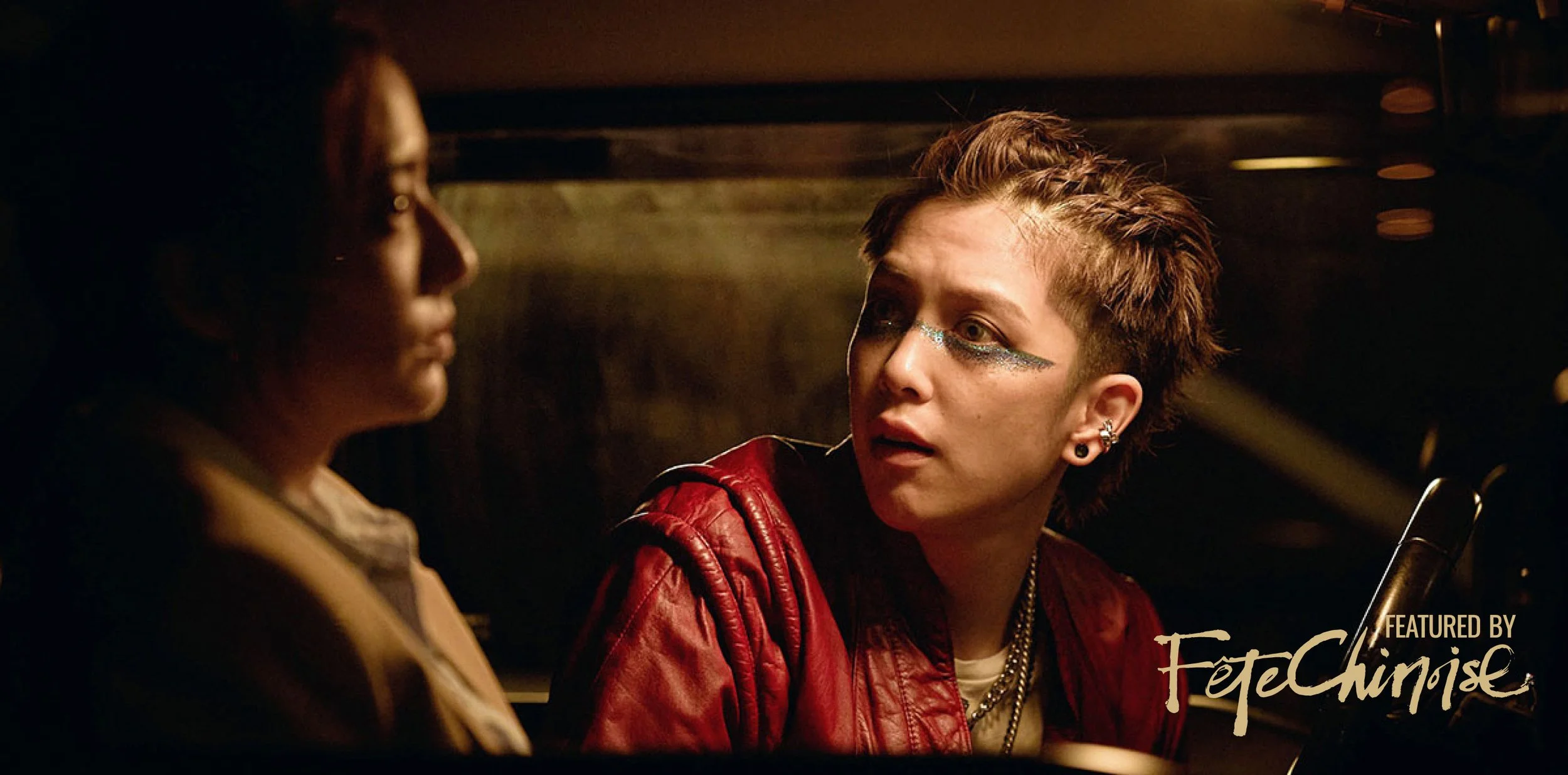












In the pantheon of Hong Kong cinema, Johnnie To Kei-fung stands as a colossus. With a career spanning over five decades, To has evolved from a commercial success to an internationally acclaimed auteur, leaving an indelible mark on the industry alongside contemporaries such as Wong Kar-wai, Tsui Hark, and John Woo.